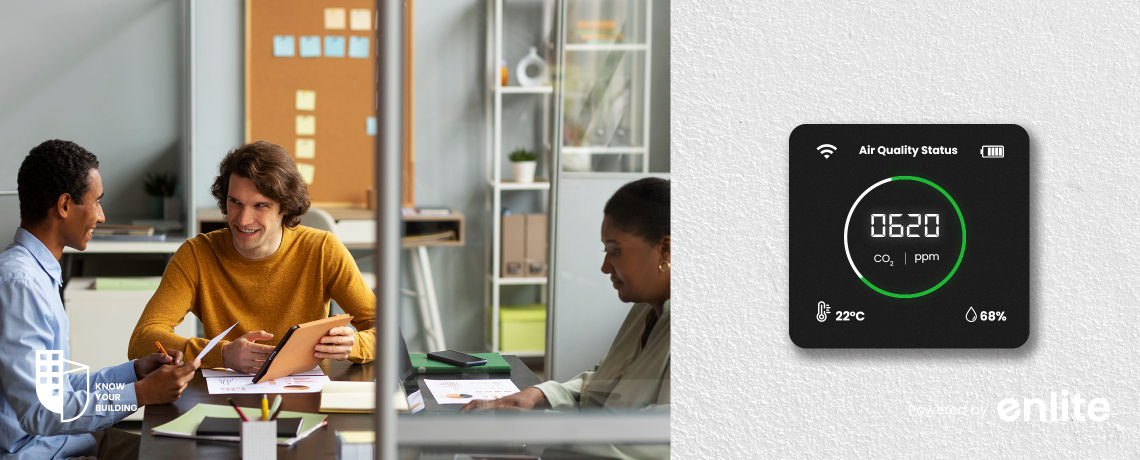Building Management Systems (BMS) enhance indoor environmental quality (IEQ) by managing air quality, lighting, and thermal comfort, leading to improved health and productivity. By monitoring and controlling these factors, BMS ensure optimal indoor conditions, promoting a healthy and comfortable environment. For instance, BMS can monitor air quality and adjust ventilation to maintain optimal levels of fresh air, reducing the risk of indoor air pollution. Data shows that improved air quality can lead to significant health benefits, including reduced respiratory issues and improved overall well-being. Additionally, BMS can manage lighting and thermal comfort to create a comfortable indoor environment. By adjusting lighting based on natural light and occupancy, BMS ensure optimal brightness and reduce energy consumption. Similarly, BMS can maintain optimal temperature and humidity levels, enhancing thermal comfort and reducing the risk of heat-related issues. These improvements in IEQ contribute to better health outcomes and overall well-being for building occupants.
Case studies highlight the impact of BMS on IEQ. For instance, a commercial office building that implemented BMS to manage air quality, lighting, and thermal comfort reported significant improvements in employee productivity and health outcomes. The BMS helped maintain optimal indoor conditions, resulting in a 20% increase in employee productivity and a 15% reduction in sick leave. These results demonstrate the benefits of BMS in creating a healthy and productive indoor environment. Another example is an educational facility that used BMS to enhance IEQ, leading to improved student performance and well-being. By ensuring optimal indoor conditions, the BMS helped create a conducive learning environment, contributing to better academic outcomes. These case studies showcase the potential of BMS to drive significant improvements in IEQ and overall well-being.
In conclusion, BMS enhance indoor environmental quality by managing air quality, lighting, and thermal comfort, leading to improved health and productivity. By optimizing these factors, BMS create a healthy and comfortable indoor environment that promotes well-being and enhances performance. The data from case studies demonstrates the effectiveness of BMS in improving IEQ and overall outcomes for building occupants. Furthermore, the benefits of enhanced IEQ extend beyond health and productivity, contributing to overall sustainability goals by optimizing resource use and reducing energy consumption. By leveraging BMS, buildings can create healthier and more productive indoor environments, making them essential for achieving both environmental and operational goals.
Enhance your building’s indoor environmental quality with our innovative cloud-native building management solutions. Our products are designed to improve air quality, lighting, and thermal comfort, promoting better health and productivity. Contact us today to learn more about how we can help you create a healthier and more efficient indoor environment.














